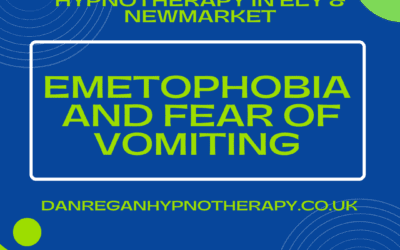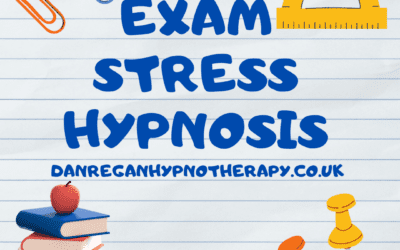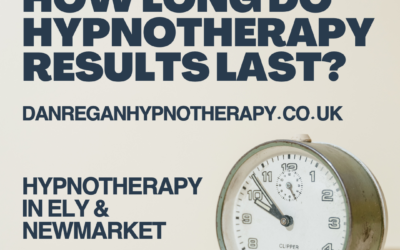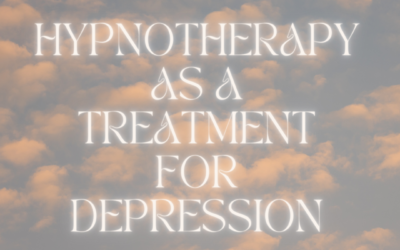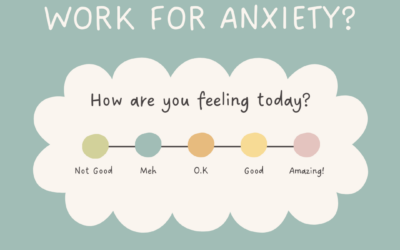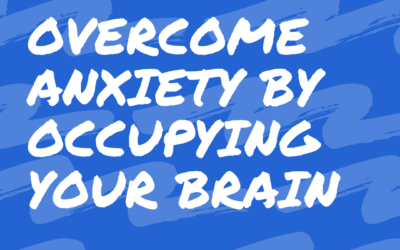Required
Emetophobia and Fear of Vomiting – Hypnotherapy in Ely and Newmarket
Emetophobia and Fear of Vomiting – Hypnotherapy in Ely and Newmarket
Emetophobia and the fear of vomiting are a much more common anxiety issue than many people realise. Only recently I was talking to an anxiety client who mentioned in passing that she also has a fear of being sick. It’s one of those irrational fears that rarely gets talked about and can be hidden quite well and so many sufferers feel pretty alone with their worry.
Emetophobia is a fear of vomiting or of seeing other people being sick. Although it can be hidden quite well by avoidance, the anxious thoughts and feelings can creep into all sorts of situations, can dominate your planning before you do anything and can have a limiting impact upon your life. As with most anxiety and fear, you fear being out of control in a situation whether either you or someone else is, or could be, sick. Yet, in trying to control for the possibility of it happening, you actually feel less and less in control.
You may worry that you will be sick and so you pay attention to every physical sensation you have, especially in your stomach or throat. Many people with emetophobia that I work with may not have actually been sick for a long time. As a result, they can become convinced that every physical sensation is a sign that this is the time it is going to happen, that this time is different and that you are going to vomit. Of course, that anxiety causes more physical sensations and so your anxiety and fear spiral upwards higher and higher.
Some people with a fear of vomiting are only worried about being sick themselves. For many, there is also the fear of seeing others being sick (which could bring the increased risk that you will also then be sick). You may avoid some situations around others, or activities you associate with an increased risk of people being unwell. You may even struggle watching if an actor on TV is sick. Certain sounds, such as coughing or burping, may place you on edge. And if you know someone has been unwell then you probably try to avoid them, even if they are now better again. Rather than being supportive and empathetic, if someone says they feel sick then your first instinct is to get away.
Being sick or around someone being sick is an unpleasant experience. Most people get through it, forget about it and move on if it happens. With emetophobia, the fear and anxiety lurks and influences your decisions before you do anything. You can be on high alert in public places. And if something was to happen, it already feels like it would be the worst possible thing that could ever happen to you.

